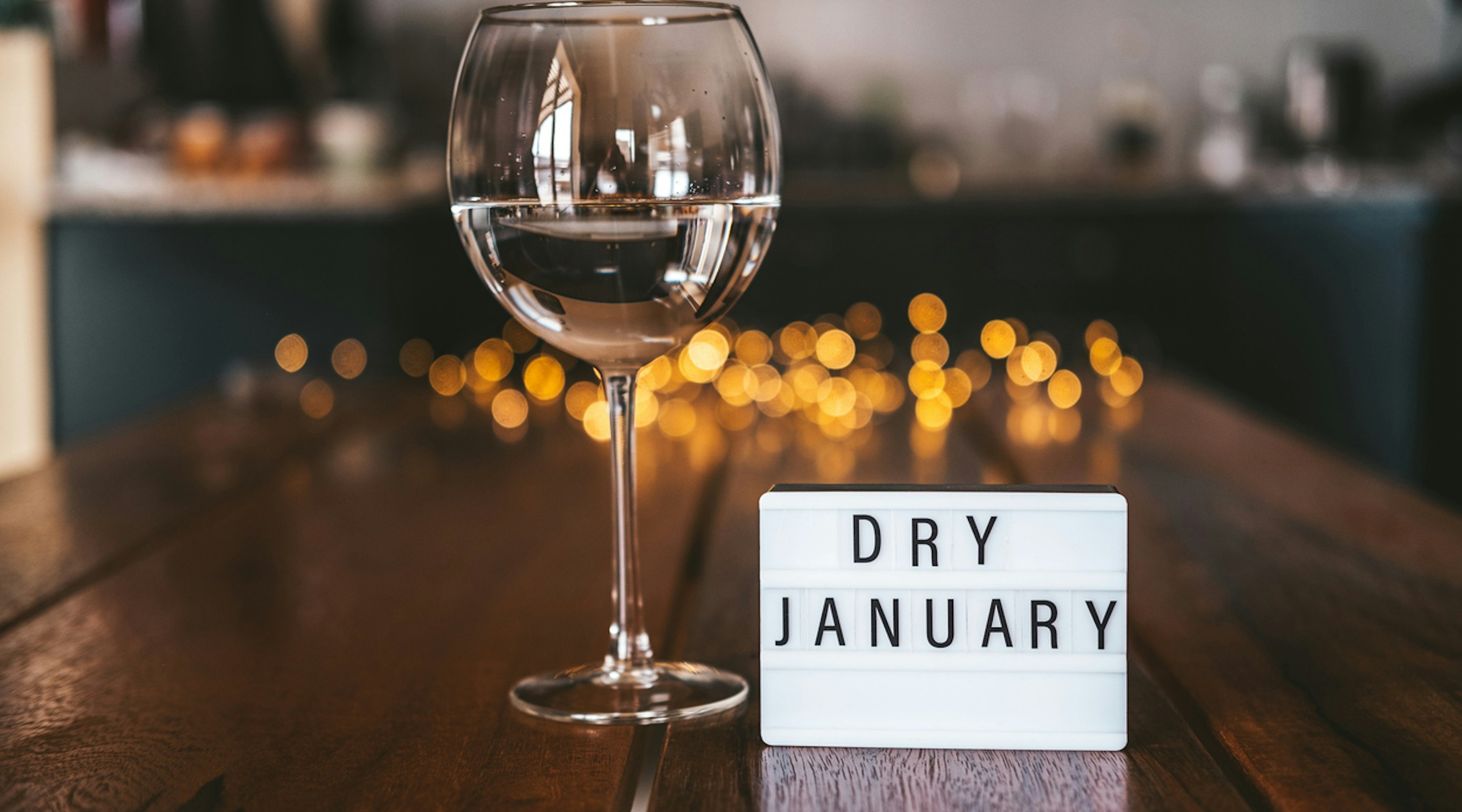Alcohol and CBMPs: What medical cannabis patients should know for Dry January
5 min read
Emily Ledger
The hectic festive season is finally drawing to a close, which can only mean one thing: hundreds of thousands of people across the country will be taking part in Dry January. After weeks of merriment - likely involving more than a few drinks - many of us will be looking to cut back on our alcohol intake for the good of our health.
With a growing number of medical cannabis patients in the UK, it is important to be aware of the potential risks and interactions of consuming alcohol and cannabinoids in combination.
Contents
What is Dry January?
Dry January is a public health initiative that was launched in the UK in 2013 by Alcohol Change UK. The movement encourages people to stop drinking alcohol for the entire month of January and aims to raise awareness of the health implications of alcohol use. More than 215,000 people took part in Dry January 2024 using the organisation’s free tools; however, many more also attempted to complete a month free from alcohol on their own.
What are the benefits of Dry January?
Research has shown that around 70% of individuals who take part in Dry January with the support of Alcohol Change UK are still drinking less alcohol six months later. Cutting back on alcohol is known to have a number of benefits, including improved mood, more energy, reduced anxiety, and better sleep. Additionally, it can also help to limit the more long-term harms associated with alcohol.
What are the harms of alcohol?
Humans have been consuming alcohol for thousands of years and the substance has become a normal part of life for many people around the world. But while enjoying a few drinks with friends every now and then can often be harmless, alcohol can have a significant impact on our health.
Studies show that drinking alcohol is associated with an increased risk of developing a number of diseases, including liver disease, heart disease, and certain types of cancer. Moreover, alcohol consumption is often linked to mental health disorders, such as anxiety and depression, and can lead to other problems, including the breakdown of relationships, financial issues, and unemployment.
Interactions with other drugs and medications
Many medications come with warnings not to consume alongside alcohol. This is due to the potentially harmful interactions that can often occur between drugs. For example, mixing alcohol with certain medications (including some over-the-counter products) can cause nausea and vomiting, headaches, drowsiness, fainting, and loss of coordination. In some cases, interactions between drugs can also make the medication more or less effective, potentially leading to more serious complications.
In recent years, interest in “sober living” or significantly reducing alcohol consumption has been on the rise. Nonetheless, with the number of prescription medications also on the up, it is just as important as ever to be aware of these interactions. This also applies to the use of medical cannabis - which has significantly increased over the last few years.
So, what do you need to know about drinking alcohol as a medical cannabis patient?
Medical cannabis and Alcohol
Medical cannabis is legal in the UK and can be prescribed for a wide range of conditions, including anxiety and depression, chronic pain, and epilepsy. Cannabis-based medicines can contain a number of active compounds, depending on their type and formulation; however, the most prominent therapeutic compounds found in medical cannabis are cannabinoids.
Cannabinoids such as cannabidiol (CBD) and tetrahydrocannabinol (THC) demonstrate several actions in the human body. However, they can also interact with other pharmaceutical and recreational drugs, including alcohol. Let’s take a closer look at what happens when alcohol is mixed with cannabis-based medicines.
Interactions between cannabinoids and alcohol
Several studies have aimed to determine the effects of mixing alcohol with cannabis. The evidence demonstrates that consuming alcohol and cannabinoids together can increase the effects of each. For some patients, this can mean an increased risk of experiencing side effects such as nausea and vomiting, dizziness, drowsiness, and reduced cognitive function.
Moreover, the effects of alcohol may also counteract the therapeutic benefits of cannabinoids in medical cannabis products. For example, while medical cannabis may help some patients manage symptoms and conditions such as anxiety, depression, and sleep disturbance, alcohol is known to exacerbate these issues.
Can I drink alcohol if I have a medical cannabis prescription?
Some early findings indicate that medical cannabis may be useful in helping patients to reduce their alcohol intake. For example, a 2020 Canadian survey found that 44% of respondents reported decreased alcohol use frequency 30 days after initiating medical cannabis treatment.
However, due to the potential interactions between the two drugs, it is generally advised that patients abstain from drinking alcohol when using medical cannabis. The guidance can vary depending on your dosing regime, so it is always important to talk to a healthcare professional for advice tailored to your treatment regime.
Final thoughts
There are many health benefits to reducing your alcohol intake, from immediate effects such as better sleep and more energy to more long-term clinical effects. Being aware of your alcohol consumption as a medical cannabis patient can also help to ensure you are getting the most from your medication and limit the risk of experiencing unwanted side effects.
If you are interested in partaking in Dry January 2025, this can also be a good opportunity to reflect on how alcohol may be affecting your medical cannabis treatment. To learn more about potential drug-drug interactions when using medical cannabis, speak to one of our expert healthcare professionals today.
Share article
Did you like this article?
It is important to seek medical advice before starting any new treatments. The patient advisors at Releaf are available to provide expert advice and support. Alternatively, click here to book a consultation with one of our specialist doctors.
Elevate your wellness with medical cannabis
Get comprehensive care, convenience, and confidence with an all-in-one treatment plan.
Am I eligible?Authors
Emily, an accomplished content writer with a specialisation in cannabis and alternative health, leverages her five years in the sector to enhance education and diminish stigma around medicinal cannabis use.
Editorial Policy
All of our articles are written by medical cannabis experts, guided by strict sourcing guidelines, and reference peer-reviewed studies and credible academic research. Our expert clinical team and compliance specialists provide valuable insights to ensure accuracy when required. Learn more in our editorial policy.
Need more help?










